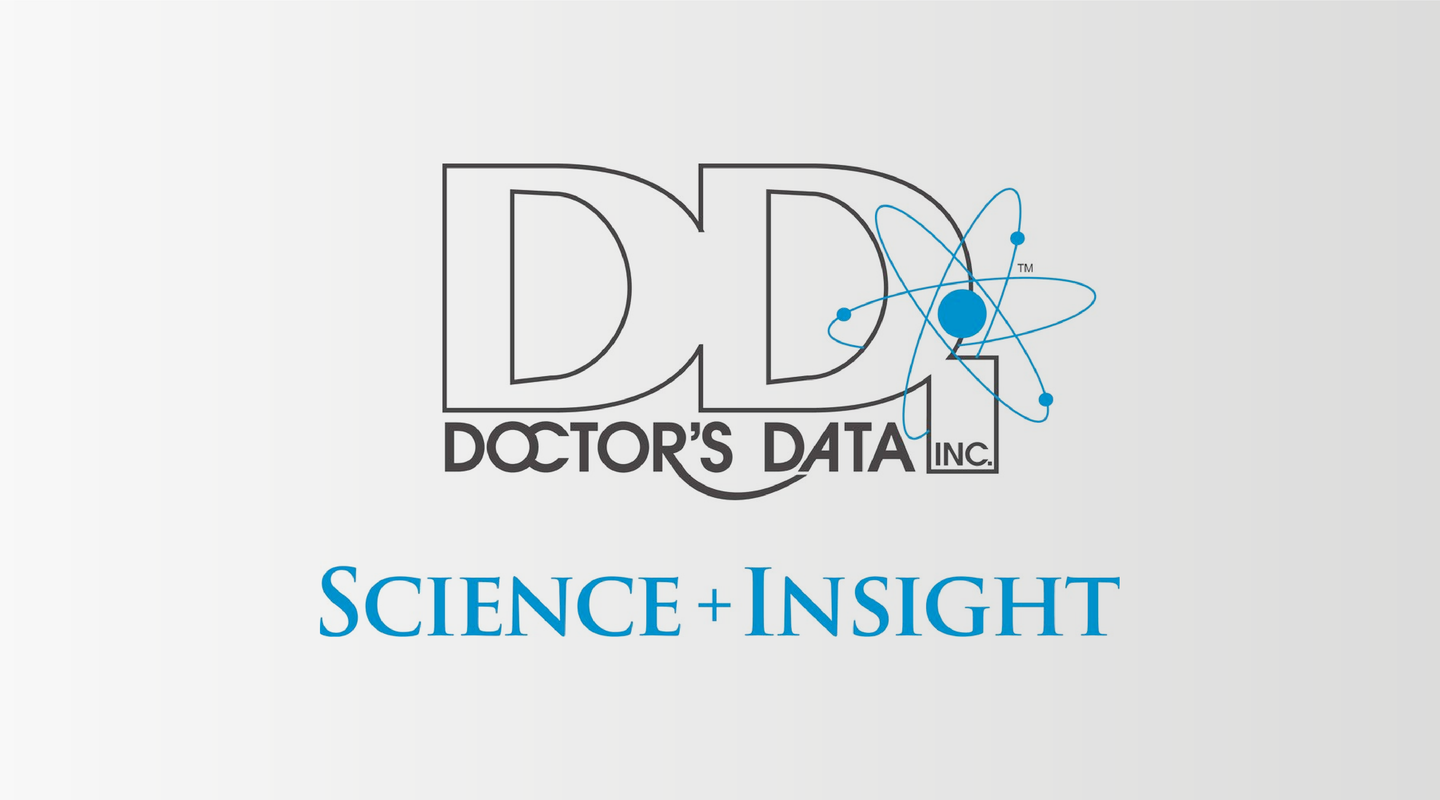As advanced health testing is a fast-moving, global industry, it can difficult for practitioners, particularly graduates, to know and remember its key providers, products and people.
In light of this, we've written a series of articles to provide quick overviews of our partners - who are widely recognised as the world's leading advanced health test laboratories.
In this article, we provide an overview of Doctor’s Data, summarising who they are, what they specialise in, what their key lab processes are, and most popular advanced tests.
Regenerus Labs is an official distributer of Doctor's Data's advanced health tests for UK, EU and UAE healthcare practitioners.
Who are Doctor’s Data?
Doctor’s Data are an advanced health testing laboratory that specialises in essential and toxic elemental health tests.
This includes:
- heavy metal burden
- nutritional deficiencies gastrointestinal function
- hormone status
- cardiovascular risk
- liver metabolic abnormalities
Where are Doctor’s Data based, and how long have they been established?
Doctor’s Data are based in Chicago, Illinois, and were established in 1972.
How are Doctor’s Data a leading advanced health testing laboratory?
Doctor's Data are a leading advanced health testing lab because it uses and innovates the latest lab instrumentation and methodologies. Just some of its cutting-edge equipment, include:
- dynamic reaction cell inductively coupled plasma mass spectrometry (DRC-ICP/MS)
- DNA amplification assays
- automated identification and antimicrobial sensitivity instruments
How do Doctor’s Data ensure that their tests results are accurate, reliable and consistent?
Doctor’s Data ensure this by:
- keeping a rigorously clean facility
- contamination is highly controlled
- rigorous quality control
What quality control methods do Doctor's Data have in place?
Doctor’s Data do this by continually monitoring their tests’ precision, accuracy and detection limits.
They do this by:
- data review is performed on every quality control sample and every patient result to assure that all quality criteria are met and that critical values are checked.
- samples are sent to other laboratories to compare results
What qualifications and licenses do Doctor’s Data have?
Doctor’s Data is a federally licensed by the CLIA with appropriate state certifications and licenses. They participate in quality assurance and proficiency testing programs including those offered by:
- the College of American Pathology (CAP)
- Centers for Disease Control (CDC)
- New York State Department of Health
- Le Centre de Toxicologie du Quebec
What clinical research has Doctor’s Data been involved in? Doctor’s Data has co-participated in research with a host of globally recognised institutions, including:
- Brookhaven National Laboratory
- Argonne National Laboratory
- John Hopkins Hospital
- European Commission Joint Research Centre
- United States Navy
- California Criminal Justice System
- Oklahoma Department of Health and Human Services
- University of California
What are Doctor's Data's areas of clinical research interests?
Doctor’s Data’s research focus is to bring greater awareness of the role of essential and toxic elements in health. They have been actively involved in studies dealing with subjects such as:
- the intellectual and neurological development of children
- the adverse effects of toxic waste and heavy industrialisation on hypertension and cardiovascular disease
- zinc deficiency and suppression of growth in humans
What are Doctor’s Data’s flagship tests?
The GI360: The GI360 is a leading stool test that detects and assesses the status of pathogens, viruses, parasites and bacteria that may be causing acute or chronic gastrointestinal symptoms and disease.
Hormone & Urinary Metabolites Assessment Profile: The Hormone and Urinary Metabolites Assessment Profile provides a comprehensive overview of steroid hormones, their metabolites, and the efficiency of the enzymes that metabolise these hormones.
Hair Toxic and Essential Elements: Hair is essentially an excretory tissue rather than a functional tissue. Therefore, hair analysis provides important data that can be used in conjunction with symptoms and other laboratory values. It is an inexpensive and valuable screen for physiological excess, deficiency or maldistribution of elements.






